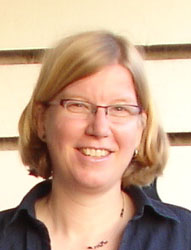 |
Peroxisome Biology of Plants and MicroalgaeResearch group by Prof. Dr. S. ReumannCentre for Organelle Research (CORE) University of Stavanger, Norway University of Hamburg, Germany |
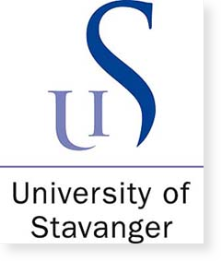 |
 |

| Research projects: | Reumann lab > Research overview | ||||||
| Bioinformatics Innate immunity Microalgae research Proteomics Stress adaptation  Arabidopsis plants Plant infected with fungi 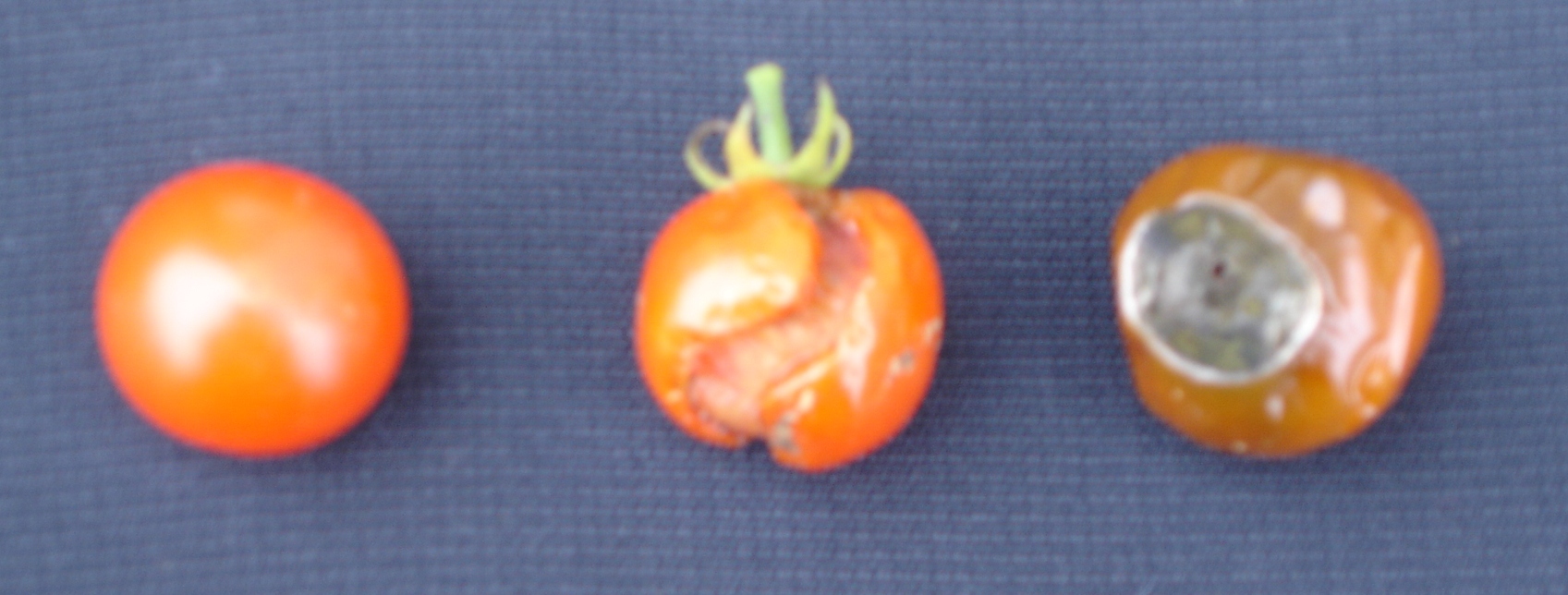 Infected Cherry tomatoes 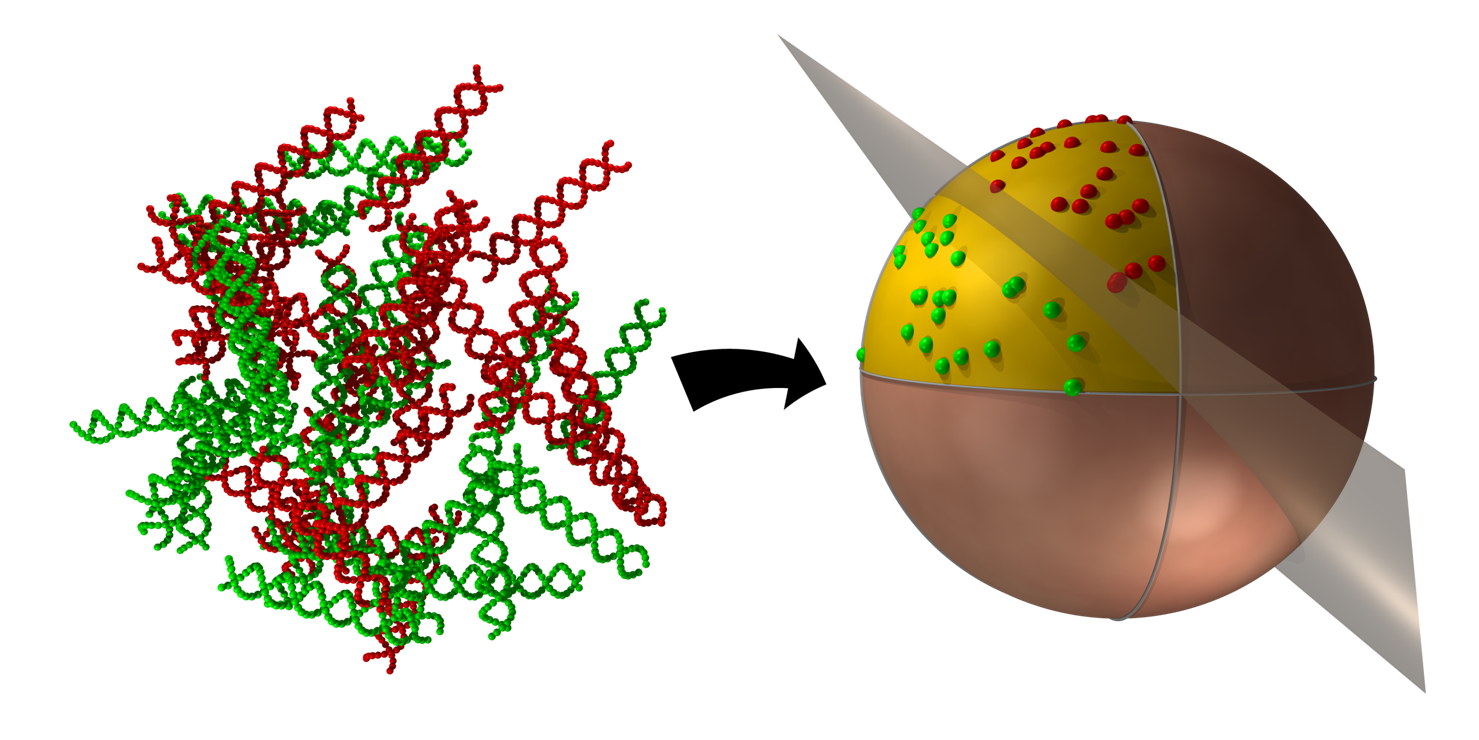 Machine Learning Methods
|
The
research of our group focuses on the function of plant peroxisomes in
diverse biological processes. Peroxisomes
are cell organelles that are
present in most higher organisms and play
essential roles in nearly all organisms
on
earth, including animals,
fungi and plants. These
"microbodies" are well-known for their important physiological
functions in
photorespiration, fatty acid beta-oxidation and ROS metabolism.
However, due to technological challenges, many proteins,
enzymes, metabolic pathways and important functions of plant
peroxisomes have remained
unknown to date. To define the proteome of plant peroxisomes our group developed experimental proteome technology for the model plant Arabidopsis thaliana (more on Proteomics). Complementary to this experimentally challenging approach, we developed, in collaboration with Dr. Thomas Lingner (University of Goettingen, Germany) computational prediction algorithms to predict the major class of peroxisomal matrix proteins carrying peroxisome targeting signals type 1 (PTS1) from genome sequences (more on Bioinformatics). At the molecular level our research focuses on the function of plant peroxisomes in plant innate immunity (more on Innate immunity). Recent activities also center on the enzymes and metabolic pathways that facilitate plant adaptation to environmental stress conditions such as heat (more on Stress adaptation). Recently, we also became interested in the evolution of peroxisomes and started analyzing and comparing the proteome of peroxisomes from higher plants and microalgae. In biotechnology research we are trying to understand and optimize fatty acid metabolism in microalgae to increase their enormous oil productivity. Omega-3 rich oil from marine microalgae is of particularly high interest to Norwegian aquaculture such as salmon farms (more on Microalgal research). |
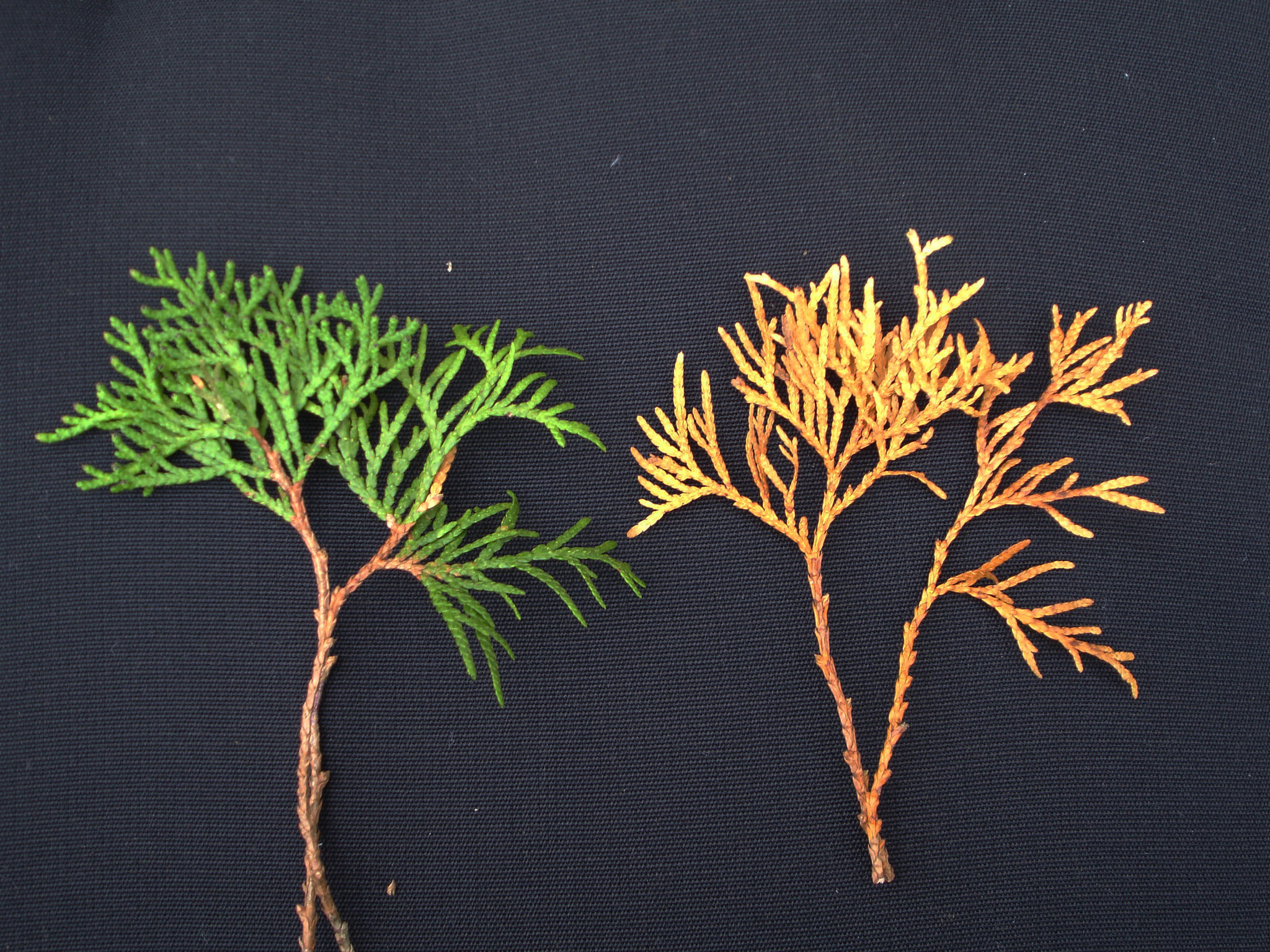 Drought stressed Thuja 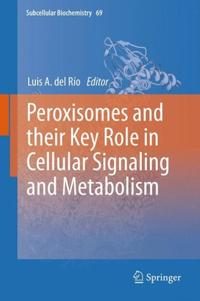 New peroxisome book 2013  Agar plate with marine microalgae 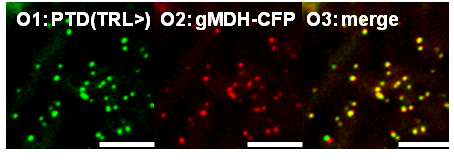 In vivo subcellular
targeing analyses |